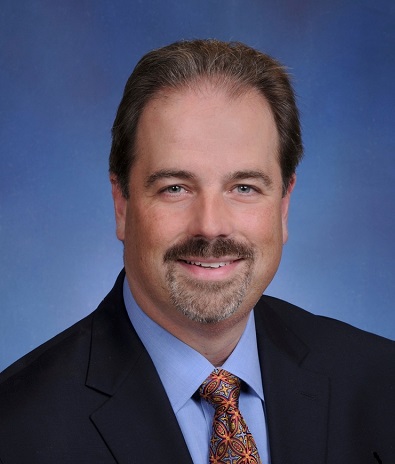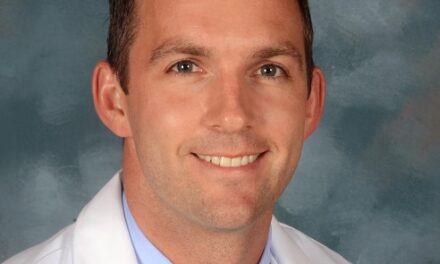By Rafael J. Fernandez, MD, and Patricia Ares-Romero, MD, FASAM
Doctors are feeling overwhelmed. With both family and work responsibilities, with the speed of decision-making and the complexities that are experienced while treating patients in an emergency room, in a hospital, or even at the medical office, the effects that we are still experiencing as a result of the pandemic and other daily situations that affect our mental health. As a result of all this, doctors experience situations that lead them to suffer certain conflicts that alter their mental state.
Behavioral issues can manifest in numerous ways, affecting the person both emotionally and physically. The symptoms can interfere in the person’s normal day-to-day activities and overall functioning.
Symptoms can include feelings of sadness, tearfulness, angry outbursts, irritability or frustration, even over insignificant matters. There can be a loss of interest or pleasure in most or all normal activities, such as sex, hobbies, or sports. Sleep disturbances are common. Lack of energy, changes in appetite, and anxiety can all be present. Challenges with attention and concentration can develop as well as trouble thinking. Physical symptoms can also develop such as back pain or headaches.
They can also feel burnout, and those symptoms can manifest as physical and mental overwhelm and fatigue, moodiness and irritability, inability to make decisions, loss of motivation, suicidal thoughts, withdrawing from support systems, hopelessness, feelings of shame, excessive use of substances, including alcohol, drugs, and prescription drugs.
It is also important to teach physicians how to deal with or manage post-traumatic stress disorder (PTSD). PTSD is under-recognized in and by physicians, even though it may be more prevalent in physicians than in the general population in the United States. There are five types of physicians who appear to be particularly prone to developing PTSD: (1) Emergency physicians; (2) Physicians practicing in underserved and remote areas; (3) Physicians in training (4) Physicians involved in malpractice litigation; and (5) Physicians who are “secondary victims” in the sense that they are indirectly exposed to trauma. In addition to experiencing trauma, the cumulative stress of practice may also cause PTSD.
In order to manage those symptoms and maintain a good mental health state what steps should healthcare professionals follow to prevent behavioral issues? Healthcare professionals should practice self-care and make sure they: 1) exercise regularly; 2) cut back on social media time; 3) build strong relationships; 4) set limits; 5) reduce stress by meditating and mindfulness; 6) get plenty of sleep; 7) practice healthy eating; and 8) reduce alcohol and drug use.
How is the Dade County Medical Association (DCMA) supporting physicians dealing with stressful situations? The DCMA is taking an active role to help physicians in our community improve their mental health. We have mental health professionals available to help physicians with anxiety, stress, and help to decrease burnout and improve their quality of life thru our new LifeBridge: Physician Wellness Program. This program is mindful of privacy and confidentiality and available 24/7 to help those physicians in need. The Physician Wellness Program can be reached via (888) 948-9555.
For more urgent needs, please dial 911 or the National Suicide Prevention Lifeline 988 or 1-800-273-8255.
Dr. Rafael J. Fernandez, Jr., is President, Dade County Medical Association.


























